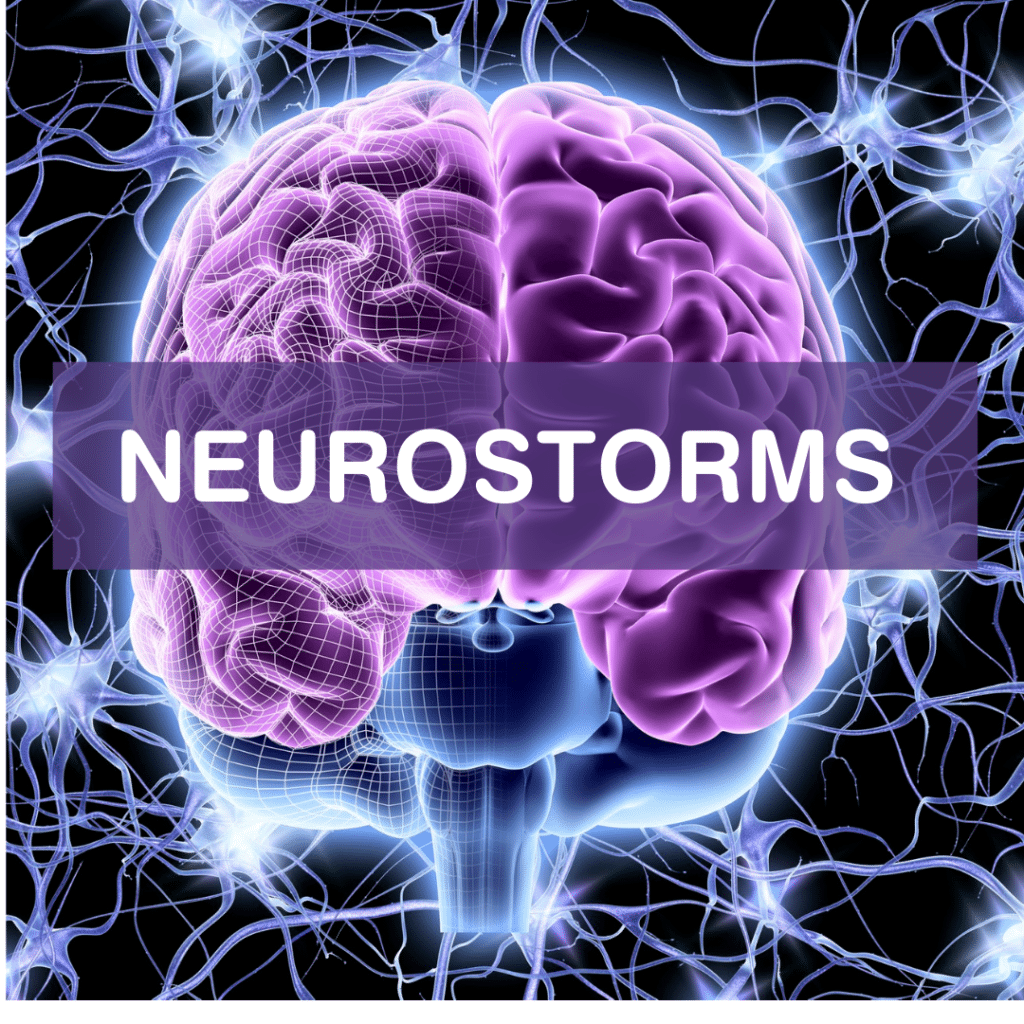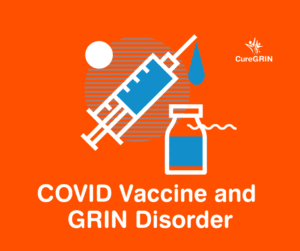Neurostorms
Share This Post

GRIN Disorder Symptom: Neurostorms
Several parents in the GRIN community have reported specific non-epileptic events in their children, characterized by an increase in heart rate, heavy breathing, sweating, and enlarged pupils. These events are often preceded by uncharacteristic emotional behavior, like abnormal laughter, crying, or physical harm. These events typically last from a few minutes to a couple of hours. Although some episodes are thought to have specific external triggers, others seem to appear out of nowhere. Additionally, these events are not captured on EEG and do not improve with epileptic medication. We wanted to learn more about these episodes, how they differ from seizures, and what treatment options might help reduce their frequency or severity.
In CureGRIN’s recent survey, one-third of patients were reported to experience neurostorms and / or sudden onset episodes that were not seizures.
First, we talked to Dr. Timothy Benke, pediatric neurologist at the Children’s Hospital of Colorado, and Dr. Johannes , Director of the Institute of Human Genetics and the Center for Rare Diseases, about these episodes in GRIN disorder. According to Dr. Benke, the episodes sound autonomic, not epileptic. The main difference between these episodes and seizures are that seizures are less variable in the pattern of movement they produce due to the wiring of muscles. On the other hand, autonomic episodes are more variable in their presentation and progression.
However, there remain many unknowns about these episodes. Since not a lot is known about the mechanism of these episodes at the neural level, it is not currently known how best to treat them.
One possibility is that these episodes are related to paroxysmal sympathetic hyperactivity (PSH) storms. We recently sat down with Dr. Alejandro Rabinstein, a neurologist at Mayo Clinic who sees patients with PSH in the intensive care unit, to learn more about PSH and how it might relate to GRIN disorder. PSH storms are characterized by episodes of hyperactivity of the sympathetic nervous system. The sympathetic nervous system mediates the involuntary response to a stressful situation, like in the “fight or flight” response in emergency situations. Key symptoms of PSH include abnormally rapid heart rate, breathing and blood pressure, as well as sweating. They also might be accompanied by fever or dystonic posturing. Many of the same features were reported by parents to occur in their children with GRIN Disorder. However, GRIN patients sometimes act aggressively, scream, cry, look panicked, and attempt to hurt themselves or others. This is not consistent with PSH.
Paroxysmal sympathetic hyperactivity is seen most often in patients with a traumatic brain injury. Currently, there are no known genetic causes PSH, which is another difference between the typical presentation of PSH and the episodes seen in children with GRIN disorder. However, PSH has been seen in adults with anti-NMDA autoimmune encephalitis, where the body creates antibodies against the NMDA receptor, leading to neurological and psychiatric symptoms. Since NMDA receptors play a critical role in both autoimmune encephalitis and GRIN disorder, it may suggest that a form of PSH can arise from GRIN disorder.
Although there are some differences between the typical presentation of PSH and the episodes seen in children with GRIN disorder, Dr. Rabinstein suspects that the episodes could be a form of PSH. In the clinical setting, Dr. Rabinstein prescribes gabapentin for PSH. He suggests that this may be an appropriate treatment for patients with GRIN Disorder, but notes that medications do not typically help overnight and emphasized that further study is required. If the episodes seen in GRIN patients are indeed a form of PSH, gabapentin could possibly reduce the frequency and severity of these episodes. However, while it might improve some aspects of the episodes, it is expected that other features, like the behavioral component, may not improve. Similarly, some parents have also reported that Clonidine may help with reducing the duration and severity of these episodes.
Parents should not start their children on any new medications without consulting with the child’s primary pediatrician.
Since there is a lot that we do not yet know about neurostorms in people with GRIN Disorder, there is a need for more information. To help us better estimate the prevalence and characteristics of autonomic storms in the GRIN community, we would highly encourage GRIN families to enter their information in the GRIN registry corresponding to your location.
Read more Posts

Should people with GRIN Disorder be vaccinated for COVID-19?
With countries around the world beginning to roll out the COVID-19 vaccine, some parents are wondering whether they should vaccinate kids with GRIN Disorder. So, we asked doctors who treat our kids for advice.

Let’s Talk About Money
Today, I want to be transparent with you about how much money we have to spend on treatments and cures, how far that will take us, and exactly why we need your help to go further.
